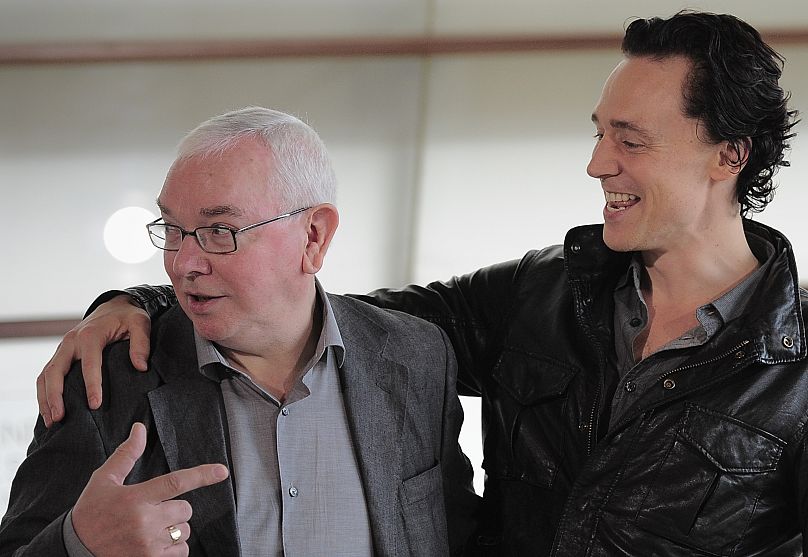Best-known for a pair of semi-autobiographical films that sensitively portray working-class life, British filmmaker Terence Davies died at home after a short illness.
British screenwriter and director Terence Davies, hailed by critics as one of the greatest filmmakers of his generation, has died at the age of 77 at his home in Essex.
Davies’ manager announced his death in a statement: “I am deeply saddened to announce the death of Terence Davies, who died peacefully at home in his sleep after a short illness on Saturday 7 October.”
Best known for his sensitive portrayals of working class life, often inspired by his own childhood in postwar Liverpool, Davies recently explained his directing style hinged on casting the right actors.
“Most actors, in my view, spend far too much time ‘acting’,” he told the website The Film Stage in an interview last month. “No one wants to see someone acting on screen. Actors should feel, not act – otherwise it’s inauthentic.”
That intuitive storytelling became Davies’ calling card over his five-decade-long career.
The youngest of ten children, Davies was raised in a large working-class Roman Catholic family in the English port city of Liverpool. He worked as a clerk in a shipping office and a bookkeeper in an accountancy firm before enrolling at a drama school in the city of Coventry and later the National Film School.
After making several experimental short films in the 70s and 80s, known as the Terence Davies’ trilogy, Davies made his feature debut with 1988’s Distant Voices, Still Lives, a semi-autobiographical film that remains to this day one of his most celebrated works.
The dreamlike, non-linear collage of a film drew from his own childhood memories of poverty and violence, where he found escape in music and movies.
The lyrical film favoured imagery over dialogue. It won the Cannes International Critics Prize in 1988, and in 2002 was voted the ninth-best film of the past 25 years by British film critics.
Davies followed it up with another semi-autobiographical film, 1992’s T_he Long Day Closes_. Both films feature an abusive father who echoes Davies’ own father, a dockworker who the director said was “psychotic” and who died of cancer when Davies was seven.
Michael Koresky, author of a book on Davies, said the director’s two autobiographical features “are melancholy, occasionally harrowing, and are also indescribably beautiful, two of the greatest works in all of cinema.”
“Arguably, he doesn’t even have imitators; no one would dare,” Koresky wrote in an obituary on the British Film Institute website.
The autobiographical films garnered Davies attention from major studios, and opened the door to bigger budgets and more mainstream projects. But Davies maintained his trademark lyrical style.
Though he continued to receive critical acclaim, he never became a commercial success in the traditional sense – and until his death, he struggled to get funding for some of his film projects.
His 1995 film The Neon Bible was based on a John Kennedy Toole novel and set in the Deep South of the US. The House of Mirth, released in 2000, starred “Sex Education”’s Gillian Anderson in an adaptation of Edith Wharton’s classic, and won the prize for best British Film at the 2001 British Academy Film Awards.
His 2011 film The Deep Blue Sea, based on a Terence Rattigan play, starred Rachel Weisz as a woman torn between her dependable husband and feckless lover.
Davies’ final film, Benediction, was based on the life of World War I soldier and poet Siegfried Sassoon. It starred Jack Lowden, Peter Capaldi and the late Julian Sands.
The filmmaker was still working on the script for a new film set in Jamaica, after a project called The Post Office Girl was abandoned six years into production due to a lack of funding.












